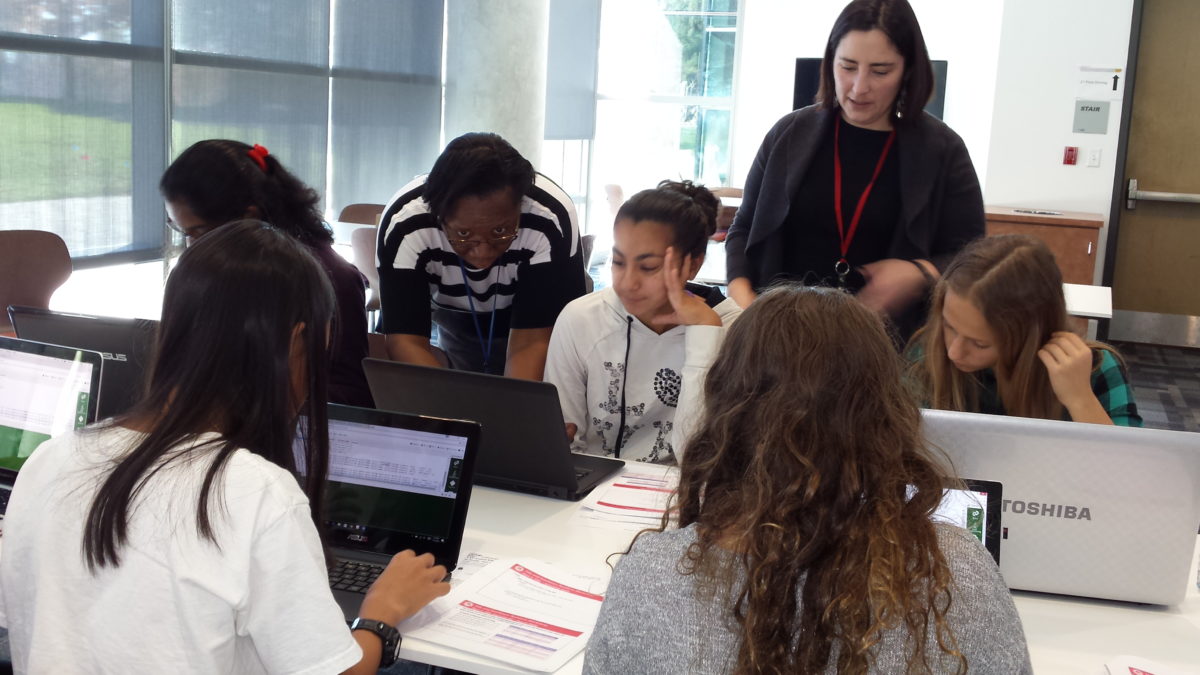How did you get into tech?
It’s a question that brings a lot of different answers. But over the years, a few familiar tales have emerged that date back to middle school. Many involve taking apart old computers and putting them back together, or making websites when no else knew how. For the founders, there’s an entrepreneurship tale that went through the lemonade stand.
To be sure, getting started young isn’t the only way into tech. But early exposure continues to have a powerful impact on career trajectories. That’s why after-school STEM programs, coding classes, entrepreneurship summits and robotics teams are looking to ensure that youth get a chance to explore this area from the start. It’s not only about teaching technical knowhow that can come in handy for a future role, but life skills like problem-solving, design thinking and continuous learning.
Yet for all the inspiring stories and talk of their importance, these programs still aren’t as commonplace as you’d think. In many cases, tech is extracurricular. At a time when there are more tech jobs than companies can fill, firms are putting resources toward bolstering them, but change is slower to come.
What’s needed for a more complete shift in model? Ask a young person, and they’ll typically tell you.
In September, Technical.ly reporters in Philly, Baltimore, DC, Delaware and Pittsburgh will be exploring how teens, adolescents and kids are plotting a better future with the help of technology and entrepreneurship via our Youth Building the Future Month 2021. Look for stories about young people developing apps and companies, preparing for STEM careers and navigating interests from esports to coding. You can also look for guest posts written by these young people themselves. We’ll prioritize youth voices in our reporting.
Some questions we’ll seek to answer: How are young people being introduced to technology? How can educators prepare students for the industries of the future? Are young technologists optimistic or pessimistic about the future of tech and their own potential role in developing it?
And some recent youth-in-tech stories we’ve covered:
- For Baltimore City youth tech interns, it was a summer of code and careers
- Case studies: How can tech employers boost diversity in the talent pipeline, starting with K-12?
- Sustainability, education, mental health and other top startup ideas from Pittsburgh teens
- This 12-year-old coder has a simple message for young girls with STEAM interests
- Watch: How these projects from Code Differently’s high school dev shop got made
- These DC-area high schoolers are headed to the Regeneron Science Talent Search finals
Are you an expert we should talk to, or do you know of one? Is there a report we need to read to better explain this topic? Are you working on a product or solution for the future of work? Want to write a first-person guest post about your relevant experience, or to share some relevant resources? Let us know:
Get in touch






